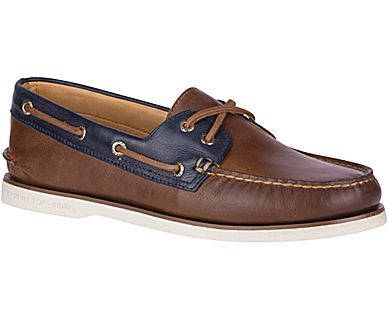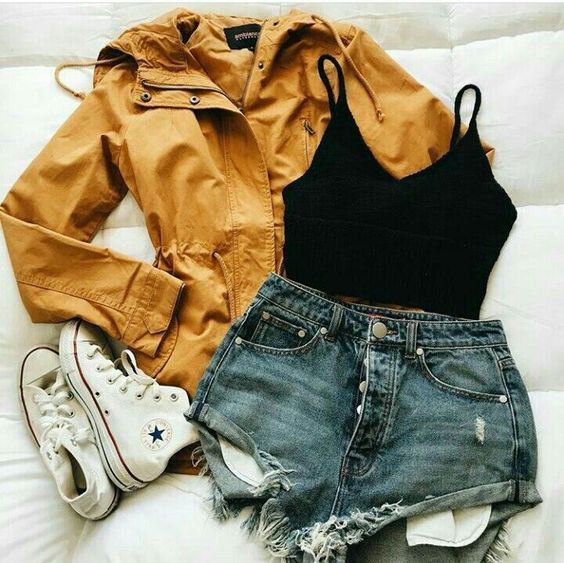If you’re trying to lose weight, you’ve probably heard that drinking water after a workout is a good idea.
But… is it?
If you’re like most people, you probably don’t know what to do with your body after a workout. You may not know how much water to drink, or whether or not you should be drinking anything at all. So let’s go over some tips for how much water you should drink after a workout, and what kind of water is best for you!
Right here on BuyandSlay, you are privy to a litany of relevant information on should i drink hot or cold water after workout, why is it important to drink water after exercise, what to do after workout to lose weight, and so much more. Take out time to visit our catalog for more information on similar topics.
Can I Drink Water After Workout For Weight Loss
We all know that we should drink more water while working out, but sometimes it’s hard to remember.
Drinking enough water is important for your health, it’s also important to stay hydrated during exercise. Dehydration can lead to cramping, soreness, fatigue, and even heat stroke, especially if you’re exercising in hot weather. If you’re not drinking enough water before and after your workout then you could be putting yourself at risk of serious health problems.
We’ve created this article about how much water to drink during a workout. We also included some tips on how to stay hydrated throughout the day, and even before and after workouts as well!
 The Importance Of Proper Hydration
The Importance Of Proper Hydration
Water is essential to life. 60% of our body is water. Think about that! Our brain and heart are composed of 73% water, our lungs are about 83% water, our skin contains 64% water, muscles and kidneys are 79% water, and our bones are 31% water.
Water intake is very important when it comes to the physiology of our body. Without water our body would overheat, our blood would thicken, our muscle contraction would become difficult and slower, our body would accumulate waste, and we’d feel very uncomfortable.
We also need water for nutrients to be absorbed into our bodies. If you’re dehydrated your body won’t be able to absorb some supplements and vitamins which will weaken their effects.
Did you know that water is a macronutrient? Although water doesn’t create energy as carbohydrates and fats do, our body still needs a large amount of it.
Dangers of Dehydration
Dehydration can affect your mood and performance, not to mention put you in danger. Dehydration is the condition in which your body loses more fluid than it takes in. As a result, the water content of your blood and other tissues decreases.
3 Stages of Dehydration:
Stage 1: Mild, 2% Fluid Loss
Stage 2: Moderate, 5% Fluid Loss
Stage 3: Severe, 10% Fluid Loss
Dehydration can lead to health problems in a short amount of time. When you’re dehydrated your heart is under strain and it has to work harder to pump blood through your body.
While this is happening the kidneys are working hard to filter excess fluid out so that you can remain hydrated and healthy. If you’re not hydrating enough then your body will retain extra fluid which can make you feel bloated and heavy.
If you’re dehydrated then your body will have a harder time regulating temperature especially when it comes to exercising in hot weather. If you plan on working out in the summer months make sure you drink plenty of water so that your muscles and internal organs remain cool and functioning properly.
To maximize your ability you must stay hydrated, so let’s talk about how much water you should be drinking during a workout!
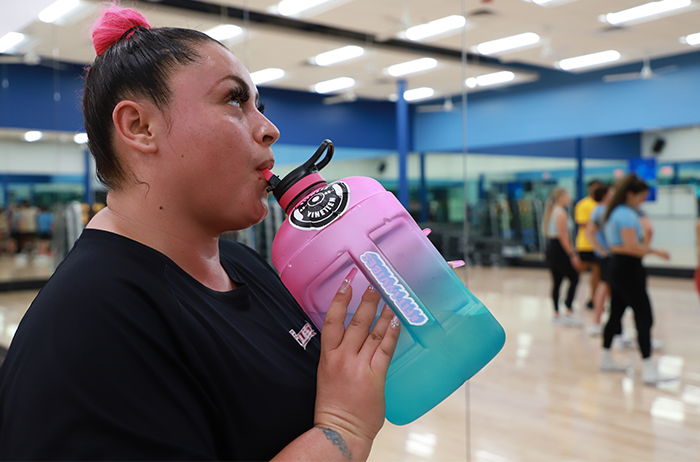
How Much Water is Enough?
The U.S. National Academies of Science, Engineering, and Medicine determined that an adequate intake for men is 3.7 liters and women 2.7 liters of total beverages a day, including water.
However, if you’re exercising then you should be taking in more fluid to make up for the fluids lost through sweat.
How Much Water To Drink Before A Workout
It’s important to drink water before you start your workout. Think about how much you sweated the last time that you worked out – it was probably a lot!
You’ll want to rehydrate yourself before you start moving around, otherwise, it can be dangerous.
So how much water should you drink before a workout? The American Council on Exercise suggests drinking 17 to 20 ounces of water 2 hours before the start of exercises. This means consuming approximately 2 to 3 cups of water before working out.
 How Much Water To Drink During A Workout
How Much Water To Drink During A Workout
During exercise is when hydration is most important. You’re losing fluids and electrolytes through sweat, so you’ll want to rehydrate while exercising.
The American Council on Exercise recommends drinking 7 to 10 ounces of fluid every 10 to 20 minutes during exercise. That’s approximately 1 cup of water during your workout.
Remember to always carry a water bottle with you when exercising. This will allow you to take quick and easy sips of water during your workout.
How Much Water To Drink After A Workout
You should also stay hydrated after your workouts. This is when your body can take up fluids the most efficiently.
The American Council on Exercise suggests drinking 16 to 24 ounces of fluid for every pound of body weight lost after exercise. For example, if you lost 1 pound during your workout you should drink 2 cups of water after your workout.
5 Tips on How to Stay Hydrated
Here are some tips on how to stay hydrated throughout the day. These tips will help you maintain a healthy level of water in your body:
- Set reminders for yourself about staying hydrated. For example, set an alarm on your phone every 3 hours reminding yourself to drink some water. You’ll be more likely to drink water if you’re reminded about it every so often.
- Keep a bottle of water with you at all times. You don’t want to be caught in the moment without any water on hand – especially when you’re thirsty! Keep an easy-to-grab water bottle with you throughout your day and make sure that it’s filled with plenty of water.
- Drink a glass of water before each meal you eat. This will allow you to stay hydrated and your body will also better absorb nutrients that are in the food that you’re eating.
- Be careful about consuming too much caffeine or soda. Both caffeine and soda contain diuretic properties.
- Keep a water bottle with you while you’re working out. You’ll need to drink extra water during exercise (as noted above), so make sure before you leave for the gym to grab a bottle of water.
Remember that water is essential for life and that it’s important to drink enough water every day to keep your body functioning properly. Stay hydrated during your workouts by drinking plenty of fluids, especially water. You’ll be able to go longer and harder, enabling you to maximize your fitness goals!
Should I Drink Hot Or Cold Water After Workout

Drinking water is the best way to replenish fluids during and after exercise, but you may find different advice when it comes to temperature. Does water temperature matter when it comes to hydration and exercise? It may.
Exercise authorities such as the American College of Sports Medicine (ACSM) and the International Society of Sports Nutrition (ISSN) recommend that water and other hydrating drinks be cold when used during exercise.1 There are several reasons for this recommendation.
Why Is Cold Water Better?
Water is healthy and hydrating no matter the temperature, but cold water may provide some extra benefits during and after exercise.
Lowers Core Body Temperature
When you exercise, your body’s core temperature rises and you lose fluids through sweat. A 2013 study found that drinking ice water or an ice slurry helped keep the core temperature of six healthy males from rising, so these options may help you reduce water loss through sweat and help you hydrate better.2 In a slightly larger study involving 45 physically fit healthy males, researchers found that drinking cold water has the potential to slightly improve athletic performance by about 50% during a 60-minute exercise session.3
Drinking ice water or cold sports drinks helps delay or reduce the rise in body temperature that may hinder endurance or strength training.
Tastes Better
Another factor in the recommendation to have cold drinks available during exercise or athletic competition is that most people find cold beverages more palatable, making them likely to drink around 50% more fluids. In one study, researchers found that it led to a 1.3% (of body weight) reduction in dehydration during exercise.4 As little as a 2% reduction of body weight loss from sweat can impair athletic performance. To determine how much you should rehydrate, weigh yourself before and after exercising. For each pound you lose in sweat, aim to drink 16 to 24 ounces of water.
Burns a Few Calories
Your body expends a little more energy to warm ice-cold water to body temperature. In a 2013 study involving 50 young women between the ages of 18-23, drinking 1.5 liters of water 30 minutes before breakfast, lunch, and dinner provided some weight loss.
While the added calorie burn isn’t enough to make a big difference in achieving your fitness goals, drinking more water in general burns more calories, so if drinking cold water appeals more to you than room-temperature water, you may still experience some extra calorie-burning effects.
What to Drink and When
The Academy of Nutrition and Dietetics, Dietitians of Canada, and the American College of Sports Medicine recommend:5
- Cold: Drinks for exercise should be cooler than room temperature—ideally at 33 degrees Fahrenheit if you are exercising in the heat and want to lower your core temperature. Otherwise water at 41 degrees Fahrenheit is ideal
- Flavored: Drinks can be flavored to make them taste more appealing, helping people to drink more. A squeeze of lemon juice or other citrus fruits can add flavor without added sugar.
- Convenience: Drinks should be served in containers that let you drink without disrupting your exercise. Sports bottles have a sipper valve on top to allow you to drink without removing the cap. Hydration packs have a sipper tube; bottles with a wide neck allow you to add ice to your water or sports drink to keep it cooler throughout your walk or exercise session; some bottles are squeezable, while others have a straw to allow you to drink without squeezing. It is better to carry a water bottle with you in a water bottle-holding pack when walking rather than relying on water fountains along the way.
- Plain water: If exercising for less than an hour, plain water is just fine (though you can add a squeeze of lemon juice or other flavorings for taste if desired).
- Sports drinks: When exercising for longer than one hour, use a sports drink to hydrate and replace carbohydrates and electrolytes. You need to consume 30-60 grams of carbohydrate per hour. You lose electrolytes (body salt) by sweating. By replenishing with water but not replacing lost electrolytes, you risk hyponatremia, a serious condition that results when the sodium levels in your blood fall below the normal range.
- Stay hydrated throughout the day: The typical athlete doesn’t register thirst when significant sweat occurs. You can use this guidelines to keep hydration in-check: Drink 500ml (about 2.5 cups) of water or sports drink before bedtime, another 2.5 cups of water upon waking, and then 400-600ml (1.5–2.5 cups) of water 20-30 minutes before your workout. During exercise, drink 12–16 fluid ounces (1.5–2 cups) of water or sports drink every 5-15 minutes. In longer workouts, potassium, magnesium, and 300–600 mg of sodium per hour are recommended. After your workout, drink 3 cups of water for every pound lost. You can also weigh yourself before and after you exercise to get a sense of how much fluid you typically lose.
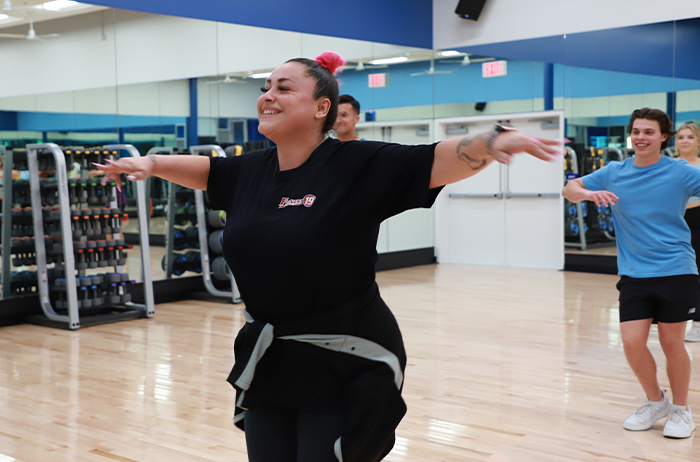 The Importance Of Proper Hydration
The Importance Of Proper Hydration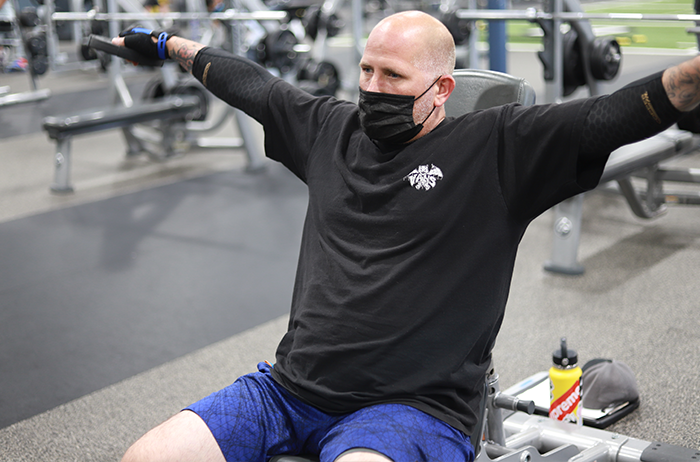 How Much Water To Drink During A Workout
How Much Water To Drink During A Workout

